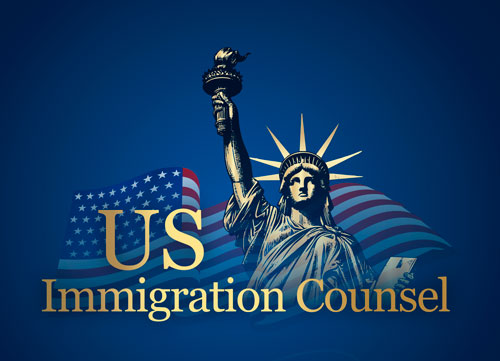Violence Against Women Act (VAWA) Immigration Relief
The Violence Against Women Act (VAWA) provides immigration relief to noncitizens who have suffered abuse by a U.S. citizen or lawful permanent resident (LPR). While the name refers to women, VAWA protections are available to all genders. The law allows victims of domestic violence, battery, or extreme cruelty to apply for immigration status without relying on or notifying their abuser.
Through a process known as a VAWA self-petition, eligible individuals can obtain lawful permanent resident status and eventually apply for U.S. citizenship. VAWA was enacted to offer a safe path to independence and security for those in abusive relationships.
Who Qualifies for VAWA?
You may be eligible to file a VAWA self-petition if you meet one of the following conditions:
-
You are the spouse or former spouse of a U.S. citizen or LPR and have suffered abuse or extreme cruelty
-
You are the parent of a U.S. citizen and have been abused by your child
-
You are the child of a U.S. citizen or LPR and have suffered abuse
-
You are the spouse of a U.S. citizen or LPR whose child is being abused, and you are not the child’s biological parent
Applicants must demonstrate that the abuse occurred during the relationship, that the relationship was entered in good faith (in the case of marriage), and that they have good moral character.
Benefits of VAWA Self-Petitioning
VAWA petitioners can access several immigration benefits, including:
-
The ability to apply for a green card without needing the abusive relative’s participation
-
Eligibility for work authorization
-
Protection from deportation
-
Access to federal and state benefits available to certain immigrants
Once Form I-360 (Petition for Amerasian, Widow(er), or Special Immigrant) is approved, the applicant may proceed with Form I-485 to adjust status and obtain permanent residence.
Confidentiality and Protection
The VAWA process is designed to be confidential. Immigration authorities will not notify the abuser of the petition, and applicants are protected from retaliatory immigration actions based on the abuse they experienced.
Many eligible noncitizens delay filing due to fear or misinformation. However, VAWA offers a powerful legal avenue to break free from abuse, gain immigration protection, and begin building a safe, independent life in the U.S.

